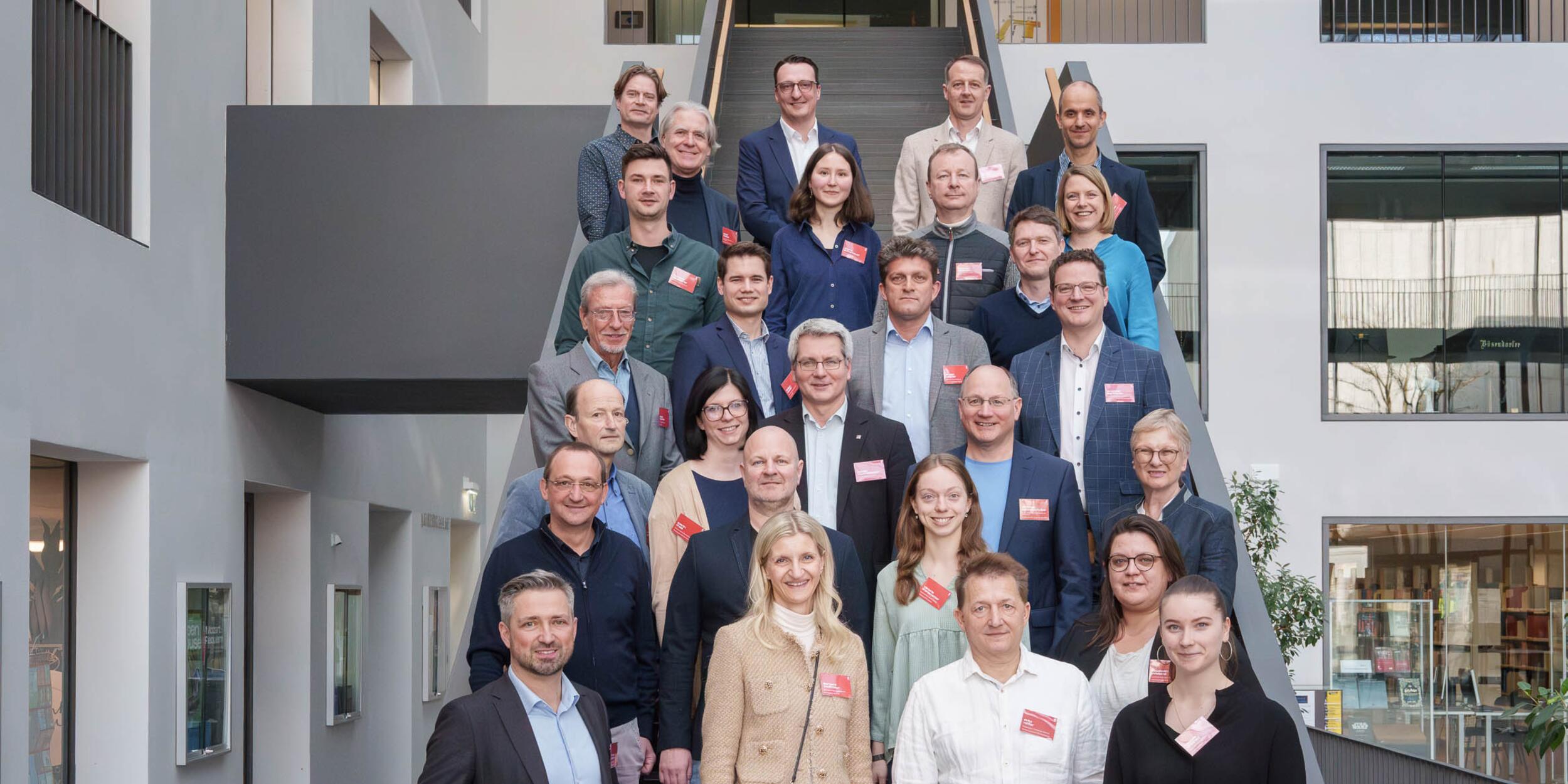Both schools and music schools have a great need for young music teachers, particularly in the field of music and instrumental teaching. The number of vacancies is already far greater than the number of available teachers - so there is a job guarantee for the next generation of teachers. Around 60 new music teachers are needed every year in Upper Austria and Salzburg (centre cluster) alone, plus additional teachers at the music school organisations. As a result, 36% of teaching hours will need to be filled over the next 10 years, according to the representatives. The development within the instruments is unevenly distributed. The situation for keyboard instruments and strings, for example, is relatively stable, but the number of applications and training programmes for wind instruments is falling, in some cases dramatically. The interest in music bands and choirs seems to remain high, but unfortunately this interest is not reflected in the number of applications.
"As teacher training for music and instrumental teachers has been implemented in the Cluster Mitte network in the federal states of Salzburg and Upper Austria since 2016, we as a training institution in the field of future music teachers at general education schools and music schools saw the need to invite the central stakeholders of these two federal states and neighbouring Bavaria to a joint exchange of ideas in order to effectively counteract the current and increasing shortage of teachers in the future," as Martin Losert, Univ. Prof. for Instrumental & Vocal Pedagogy at the Mozarteum University emphasises. Only through synergy can meaningful measures be developed that have their full effect.
It is in everyone's interest that the associations and educational institutions in the field of music education and amateur music develop joint strategies, as a shortage of teachers would have an impact on Austria as a whole in the medium term. A start has been made - better networking between the institutions is planned, for example through regular meetings, but also measures aimed at making the degree programme and the profession more attractive. This includes, for example, the upcoming curriculum reform. New, positive role models for music education and targeted information are also needed. The importance of music education in schools and extracurricular learning centres, at music schools and in the field of choral and wind music is very high. Musical programmes for children and young people in music schools, choirs and brass bands, as well as in all general education establishments, are a central starting point for further artistic and music education in the form of a course of study. Talents are already evident in childhood and adolescence and musical potential is developed.
Part-time study programmes were also discussed, which enable a later career start. The payment of teachers at music schools was also addressed. The salary systems need to be revised, as the pay is hardly attractive, especially for young professionals. Irrespective of this, the public perception of the profession and the associated reputation seem to be important for career choices.
The participants at today's meeting all agreed that a lot is already being done in terms of recruiting, informing and advertising. Nevertheless, the question arose as to whether the measures taken so far are sufficient to counteract the increasing shortage of music teachers. In addition to concrete measures aimed at more targeted advertising and a joint communication strategy, there is a need for joint reflection on the form and structure of training programmes at all institutions.




